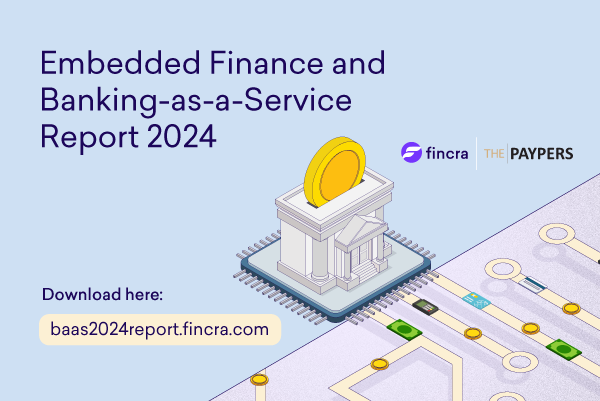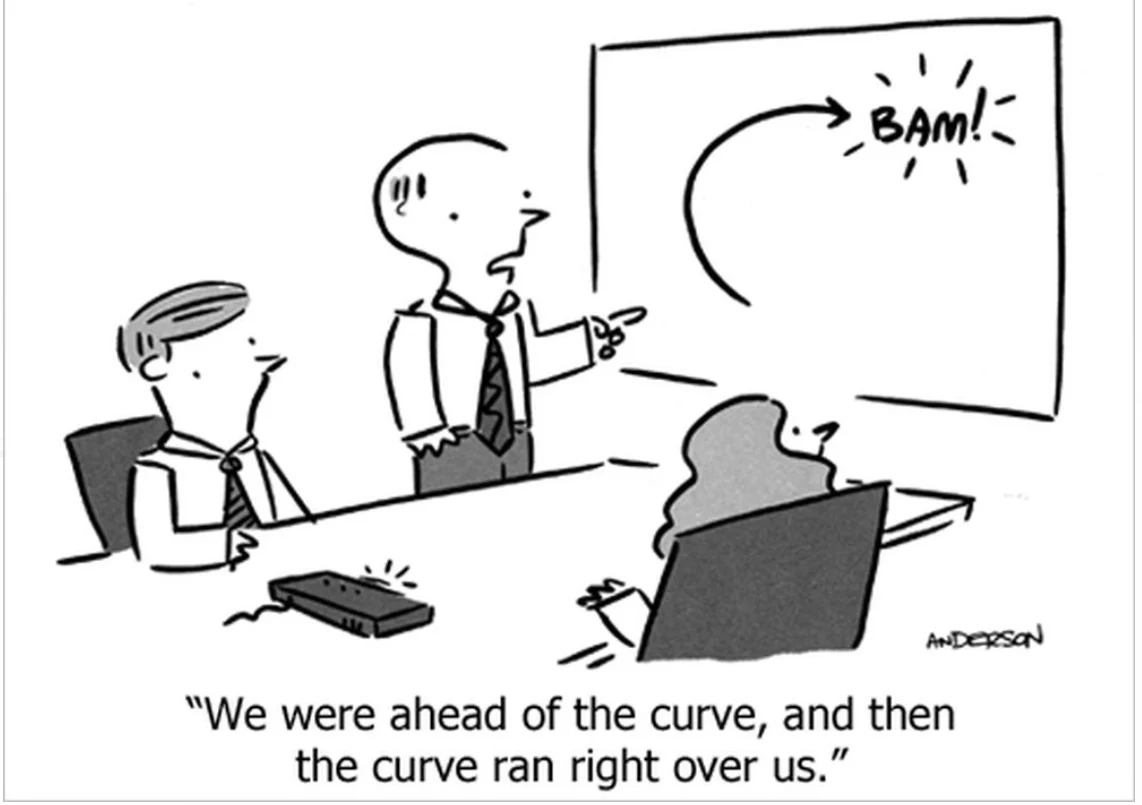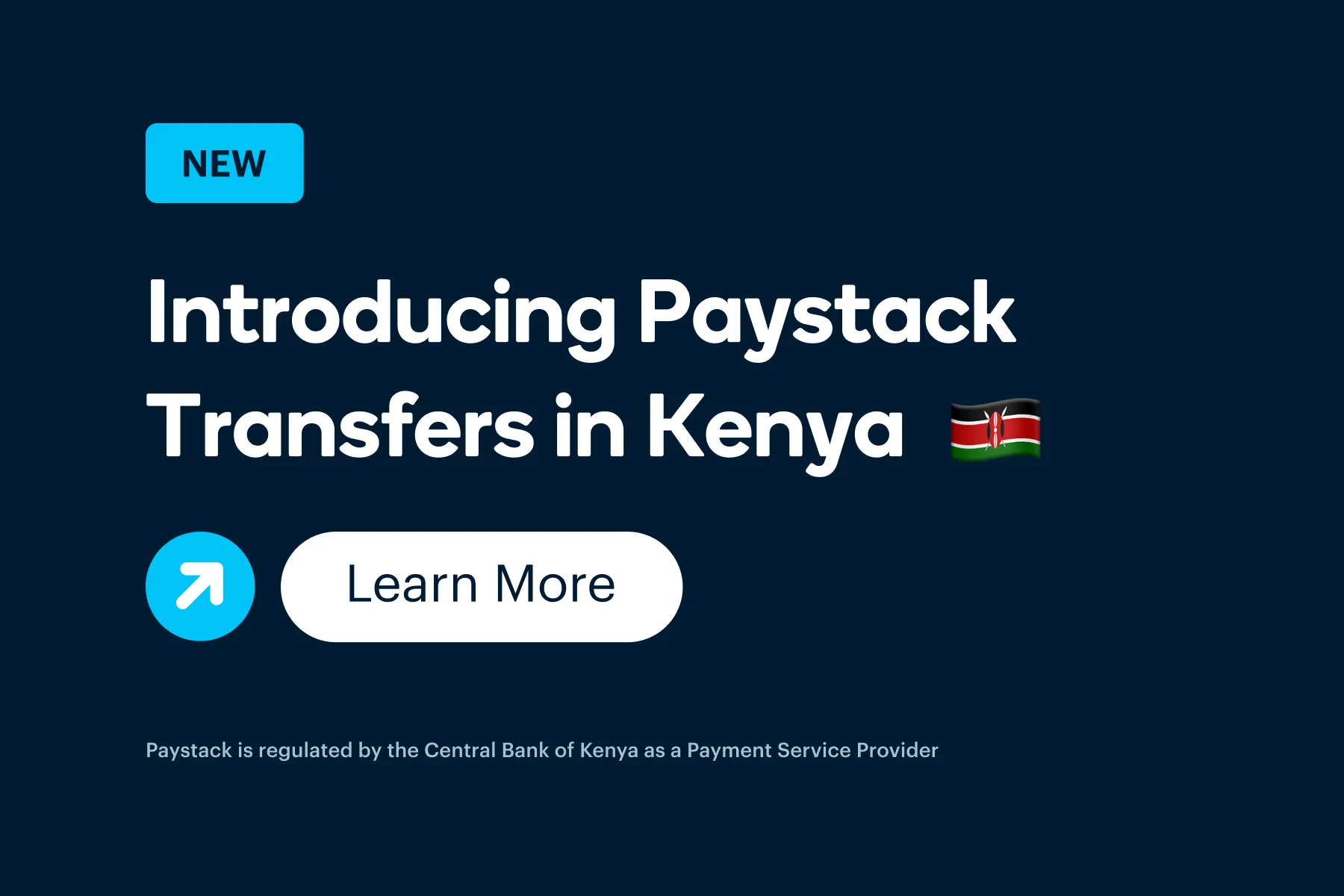

Good morning!☀️
ChatGPT may soon introduce ads to challenge Google’s ad-tech business. The AI startup continues to experiment with different revenue models to become a for-profit company. It has the user base, we know, but there are concerns about ads affecting the user experience.
On a scale of 1–10, how much would this, if at all, impact your AI search experience?

Telco
The rise and fall of 9mobile

When Etisalat entered Nigeria’s telecom scene in 2008, it aimed straight for the hearts (and pockets) of the youth with its catchy “0809ja for Life” campaign, fronted by music star Banky W.
The strategy worked; Etisalat became Nigeria’s fourth-largest operator by 2016, boasting 22.5 million subscribers and a 14% market share. But then, the telecom’s fairy tale hit a plot twist—thanks to financial woes, naira devaluation, and infrastructure deficit. By 2016, Etisalat’s balance sheet had more holes than a bad network signal.
After a dramatic exit of Etisalat in 2017, the company rebranded as 9mobile, hoping for a reboot. Instead, it faced mounting debt, leadership drama, and subscribers dropping faster than calls on a bad day.
Fast forward to 2024, 9mobile’s market share has shrunk to a mere 2.1%.
Now under new ownership by LightHouse Telecoms, there’s talk of a comeback featuring roaming services and leadership shakeups. But to truly reconnect with Nigerians, 9mobile needs more than plans—it needs the creative spark that once got everyone “talking.”
Read About Moniepoint’s Impact on Pharmacies

Do you remember what you bought the last time you visited a pharmacy? Data from Moniepoint’s pharmacy case study reveals it was likely a painkiller. Click here to discover how Moniepoint is enabling access to healthcare through payments and funding for community pharmacies.
E-commerce
Inside South Africa’s red ocean e-commerce sector

E-commerce in South Africa is slowly becoming a red ocean market. In October, B2B e-commerce giant Jumia announced it would leave South Africa by the end of 2024, citing macro-economic conditions and intense competition.
Takealot Group, another homegrown e-commerce mammoth, has complained about the competition. Its parent company, Naspers, admitted the company is under pressure from new entrants like Amazon and China’s Temu, whose aggressively low pricing has made them popular in the market.
Takealot is battling a slow macroeconomic environment and shifting customer behaviour while trying to defend its market share.
E-commerce is a volume game. If the gross merchandise value (GMV) and average order sizes are not increasing, then the e-commerce business is likely not growing too.
In 2024, the South African Rand showed moderate stability in terms of currency volatility. However, e-commerce giants like Takealot are struggling with the effects of a sluggish economy, which has led to a decline in consumer disposable income.
With consumers having less money to spend and e-commerce companies offering similar value propositions, businesses that stand out with unique offerings are more likely to attract customers.
When Amazon entered South Africa in May 2024, frequent shoppers on Reddit said they flocked to the Jeff Bezos-owned company because they could buy books that were hard to find in local bookstores. Amazon also offered next-day delivery service, which was far better than Takealot’s average 3-day delivery wait.
Chinese-owned Temu, after entering the market in January 2024, splurged on marketing and ran blitz adverts on Meta platforms. The company still has 420 active Meta ads running in this month alone.
In Nigeria where Temu entered recently, it is running 1,500 of those ads. Temu spends a lot on acquiring customers; in 2023, it spent $2 billion on Meta ads, which is only justifiable if it has retention strategies in place to attract customers to buy repeatedly.
Temu seems like it has found a home in Africa and it is likely because displacing Alibaba, which has China’s e-commerce market on lockdown, is a much harder task to undertake. It remains to be seen how its growing influence shakes up existing e-commerce players in Africa.
Get Fincra’s Embedded Finance and BaaS Report 2024 for FREE

Fincra in collaboration with The Paypers have released the Embedded Finance and Banking-as-a-Service Report 2024. This report examines the key challenges and innovative solutions defining the future of seamless cross-border payments and remittances across the continent, among other topics, with key experts.
Telco
Safaricom Ethiopia raise concerns over unfair competition

Safaricom Ethiopia, a subsidiary of the Kenyan telco giant, has raised concerns about competitors and market leader Ethio Telecom about its unfair pricing. Safaricom Ethiopia’s executives have lamented that Ethio Telecom users are charged higher tariffs and extra costs when making phone calls to subscribers of the Safaricom network.
Safaricom Ethiopia hopes to sway public opinion as it tries to grow market share in Ethiopia’s telecoms market which it entered in 2022.
it feels like déjà vu for Safaricom—but this time, Safaricom is on the receiving end. CEO Wim Vanhelleputte told Ethiopian lawmakers that Ethio Telecom’s preferential pricing and lack of interoperability are stifling competition, making it harder for Safaricom to grow its 5% market share.
He argued that higher call pricing to Safaricom subscribers is a monopoly tactic that contradicts Ethiopia’s push for a liberalised economy.
But here’s the irony: in Kenya, Safaricom has long been accused of similar monopolistic tendencies, especially with its fintech product, M-Pesa, which controls over 90% of Kenya’s mobile money market. Kenyan lawmakers have since been calling for M-Pesa’s separation from Safaricom to encourage fair competition.
In the Kenyan telecoms market, Airtel Kenya have also lodged complaints against Safaricom for practices eerily similar to those it now opposes in Ethiopia.
The stakes are high for Safaricom in Ethiopia, where forex losses and regulatory hurdles are already dragging on its profits.
Its calls for fair play might resonate with Ethiopian policymakers, but they also show Safaricom’s duality: a dominant player at home pleading for equity abroad.
Safaricom led the complaint against Starlink to Kenyan regulators, saying the satellite ISP has no physical presence to operate in Kenya. This was after the satellite ISP crashed its entry prices by introducing rental kits for as low as $15 and gaining significant market share.
However, Safaricom Kenya’s CEO Peter Ndegwa, said the telco is open to a Starlink partnership instead. Again, this proposition could be from a place of self-preservation as a partnership with Starlink will likely neutralise the competition.
Starlink isn’t Kenya’s first low-earth-orbit (LEO) satellite internet provider. Players like Skynet, Vizocom, NTvsat, and Globaltt have been operating in Kenya before Starlink. So why partner with it now?
For a telco used to writing the rules, Safaricom might be receiving a lesson on playing by these rules.
Introducing Paystack transfers in Kenya 🇰🇪

Paystack merchants in Kenya can now send single and bulk transfers to any Kenyan bank or MPESA account (including customer wallets, Paybills, and Tills) Learn more →
Cleantech
Glencore signs $110 million solar deal

Since 2008, South Africa has grappled with a crippling energy crisis, marked by frequent and severe power outages. While there have been multiple attempts to restore the country’s power infrastructure, it has always faltered. However, the country’s beleaguered power grid could find a lifeline in a massive solar power project.
Glencore Plc, South African ferroalloys division and its joint venture partner, Merafe Resources Ltd are teaming up with Pele Green Energy to build a massive solar power plant in South Africa. This 100-megawatt project, valued at 2.1 billion rand ($116 million), will be constructed at the Glencore-Merafe Chrome Venture’s operations in the Free State province.
The project is backed by significant financial support from Nedbank Group Ltd. and Absa Group Ltd., who will provide debt financing. Pele Green Energy will contribute equity to the venture.
This project aligns with South Africa’s growing commitment to renewable energy and its broader goal of a low-carbon future. The Sonvanger solar plant will not only reduce carbon emissions but also increase the country’s reliance on clean energy sources.
Get Up to 5% Discount on Your Monthly Subscription

Pay for Google Workspace in Naira with Mercurie and save up to 5% monthly! Enjoy seamless payments, avoid currency hassles, and keep your business running smoothly. Simplify your subscription today. Click here now to get started!
CRYPTO TRACKER
The World Wide Web3
Source:

|
Coin Name |
Current Value |
Day |
Month |
|---|---|---|---|
| $96,122 |
– 0.88% |
+ 40.51% |
|
| $3,646 |
– 1.69% |
+ 48.92% |
|
| $2.73 |
+ 10.70% |
+ 443.10% |
|
| $228.83 |
– 1.19% |
+ 40.71% |
* Data as of 06:30 AM WAT, December 3, 2024.
Opportunities
- Applications are open for the 2025 Google for Startups Growth Academy: AI for Cybersecurity, a three-month hybrid program for Seed to Series A startups using AI to tackle cybersecurity challenges. Selected startups will receive equity-free support, mentoring from Google experts, and tools to scale internationally. The program includes in-person kickoff and graduation sessions, along with continuous mentorship and technical consulting. Apply by December 3.
- Applications are open for the CcHub-Mastercard Foundation Edtech Fellowship 2025 (Cohort III). This program offers African edtech startups $100,000 in equity-free funding, expert mentorship, and access to an investor network. Eligible startups must focus on education solutions in areas like K-12, tertiary education, or vocational training, with verifiable users. Female founders are encouraged to apply. Don’t miss this chance to scale your edtech solution and transform education in Africa. Apply by January 31, 2025.
Get A Grey Virtual Card for Free

This Black Friday, Grey has an amazing offer for you! You can get a virtual USD Card (usually $4) for FREE. This offer is valid from 27 November – Dec 3 only and is open to new and existing users without a Grey card. Visit grey.co/blackfriday to learn how. T’s & C’s apply.

Written by: Frank Eleanya, Emmanuel Nwosu, and Faith Omoniyi
Edited by: Timi Odueso & Ganiu Oloruntade
Want more of TechCabal?
Sign up for our insightful newsletters on the business and economy of tech in Africa.
- The Next Wave: futuristic analysis of the business of tech in Africa.
- Entering Tech: tech career insights and opportunities in your inbox every Wednesday at 10 AM WAT.
- TC Scoops: breaking news from TechCabal
P:S If you’re often missing TC Daily in your inbox, check your Promotions folder and move any edition of TC Daily from “Promotions” to your “Main” or “Primary” folder and TC Daily will always come to you.






















